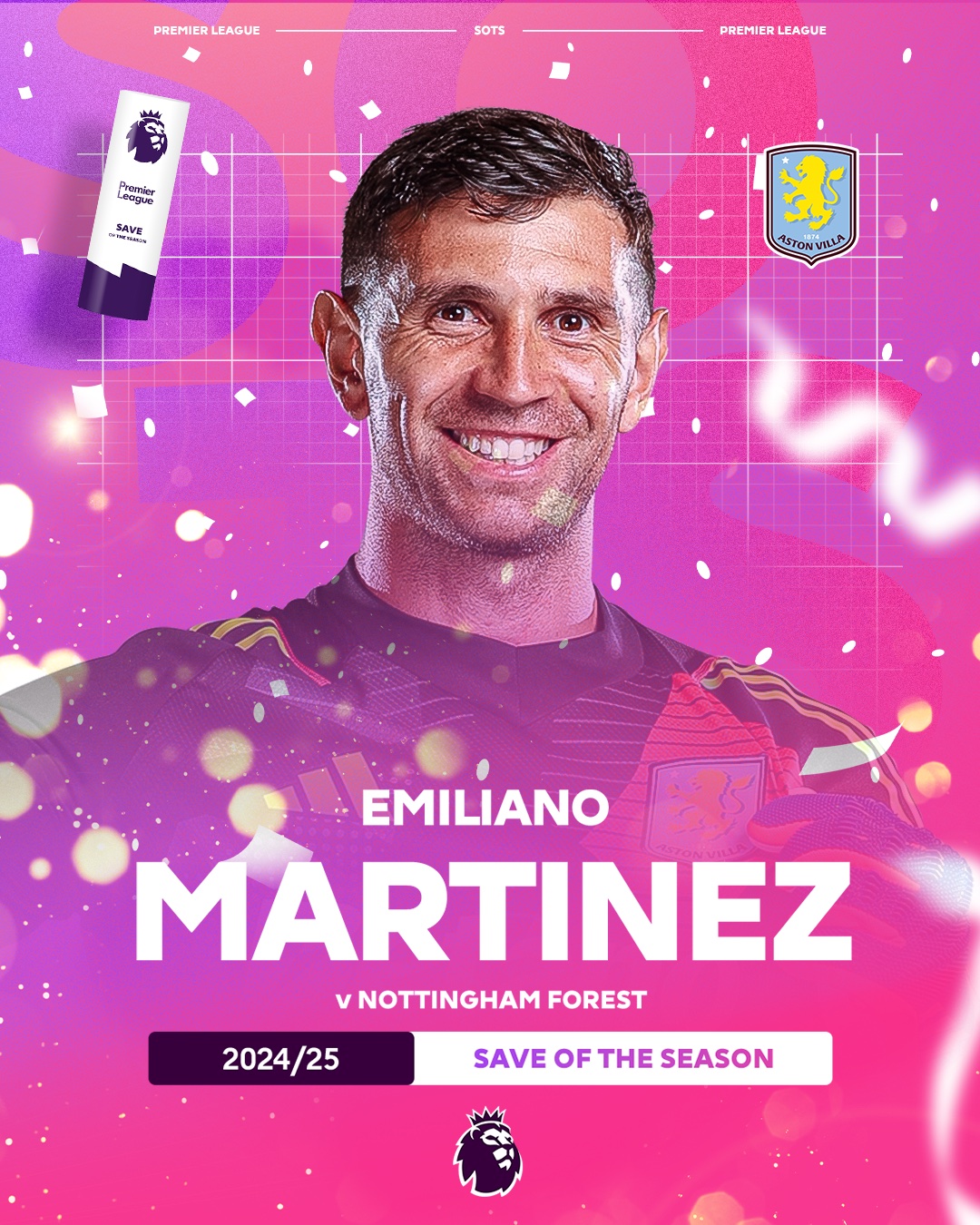As the football world turns its eyes to Bilbao, Spain, on May 21, 2025, the Europa League final between Manchester United and Tottenham Hotspur promises to be more than just a battle for silverware. This high-stakes clash represents a critical financial lifeline for both clubs, each grappling with their own challenges after underwhelming Premier League campaigns. With a coveted spot in the 2025-26 UEFA Champions League on the line, the winner stands to gain not only prestige but also a significant economic boost that could shape their future. Here’s a deep dive into why this final is a make-or-break moment for both Manchester United and Tottenham Hotspur, exploring the financial stakes, team dynamics, and what’s at play for these English giants.
The Stakes: Why the Europa League Final Matters
The Europa League, often seen as the Champions League’s less glamorous sibling, has taken on outsized importance for Manchester United and Tottenham this season. Both clubs have endured torrid domestic campaigns, with United languishing in 14th place and Spurs just two spots behind in 16th in the Premier League standings. These mid-table finishes are a far cry from their ambitions of challenging for top-four spots, leaving the Europa League as their only realistic route to European competition next season.
Qualifying for the Champions League is a financial game-changer for any club. The competition offers substantial prize money, with even group-stage participation yielding tens of millions of euros, not to mention additional revenue from sponsorships, ticket sales, and global exposure. For clubs like United and Spurs, who have faced financial strain in recent years, securing a Champions League berth could provide the resources needed to stabilize their operations, invest in their squads, and pursue long-term ambitions.
Manchester United’s Financial Tightrope
Manchester United’s struggles this season have been well-documented, both on and off the pitch. Under the stewardship of new co-owner Sir Jim Ratcliffe, the club is navigating a period of significant transition. Ratcliffe’s ambitious plan to build a new £2 billion stadium—a project dubbed the “Wembley of the North”—has put United’s finances under intense scrutiny. The club has already implemented cost-cutting measures, including redundancies across various departments, as part of a broader restructuring effort to align with Ratcliffe’s vision of restoring United to its former glory.
However, these financial maneuvers come at a time when United’s on-field performance has been inconsistent at best. The team’s 14th-place standing in the Premier League reflects a season marred by injuries, tactical missteps, and a lack of cohesion. Manager Ruben Amorim, who has been tasked with turning things around, has acknowledged the unique challenge posed by the Europa League final. “This is a different kind of pressure,” Amorim said in a pre-match press conference. “We know what’s at stake, not just for the trophy but for the club’s future. We’re ready to step up.”
A victory in Bilbao would provide United with a much-needed financial injection. The Champions League revenue could help fund squad reinforcements, particularly in key areas like defense and midfield, where United have struggled. Moreover, it would bolster Ratcliffe’s case for investment in the new stadium, demonstrating that United can still compete at Europe’s highest level despite their domestic woes. For a club with United’s global brand and fanbase, missing out on the Champions League for another season could have devastating long-term consequences, both financially and in terms of their competitive stature.
Tottenham Hotspur’s Economic Challenges
Tottenham Hotspur, meanwhile, are no strangers to financial pressures. Despite the revenue generated by their state-of-the-art Tottenham Hotspur Stadium, the club has reported losses exceeding £100 million over the past two seasons. Chairman Daniel Levy, known for his fiscal conservatism, has emphasized the need for restraint in the transfer market, with Spurs focusing on developing young talent rather than splashing out on marquee signings. This approach has yielded mixed results, with Spurs’ youthful squad showing flashes of brilliance but struggling for consistency in the Premier League.
The Europa League final represents a golden opportunity for Tottenham to alleviate some of these financial burdens. A Champions League spot would provide a significant cash influx, allowing Spurs to invest in their squad without breaching financial regulations. Levy has been vocal about the importance of European competition for the club’s growth, noting in a recent statement that “sustained success in Europe is critical to our long-term strategy.” A victory over United would not only secure that success but also boost Tottenham’s reputation as a club capable of competing with Europe’s elite.
However, Spurs face challenges heading into the final. Injuries to key players like Dejan Kulusevski, James Maddison, and Lucas Bergvall have depleted their attacking options, forcing manager Ange Postecoglou to rely on a depleted squad. Despite these setbacks, Tottenham hold a psychological edge, having defeated United three times this season in various competitions. This record could give Spurs the confidence they need to overcome their injury concerns and deliver a performance worthy of the occasion.
The Tactical Battle: Amorim vs. Postecoglou
On the pitch, the final promises to be a fascinating tactical duel between two managers with contrasting philosophies. Ruben Amorim, United’s Portuguese tactician, is known for his pragmatic approach, often deploying a 3-4-3 formation that emphasizes defensive solidity and quick transitions. His ability to adapt to different opponents has been a hallmark of United’s Europa League campaign, with the team grinding out results against tough opponents like Anderlecht and PAOK.
Ange Postecoglou, on the other hand, has built his reputation on an attacking, high-pressing style that has become Tottenham’s calling card. Dubbed “Angeball,” this approach relies on fluid passing, aggressive pressing, and exploiting spaces in behind defenses. However, injuries to key creative players could force Postecoglou to adopt a more cautious strategy, potentially playing into United’s hands. The battle in midfield, where United’s physicality will meet Spurs’ dynamism, could prove decisive.
The Psychological Edge: Tottenham’s Dominance Over United
One factor that cannot be overlooked is Tottenham’s recent dominance over Manchester United. Having beaten United three times this season, Spurs enter the final with a psychological advantage. These victories, which include a league win and a cup triumph, demonstrate Spurs’ ability to exploit United’s vulnerabilities, particularly in defensive transitions. For United, overcoming this mental hurdle will be crucial if they are to lift the trophy.
Amorim, however, remains unfazed by Spurs’ record. “Past results don’t win finals,” he said. “We’ve learned from those games, and we’re a different team now.” United’s Europa League campaign has been built on resilience, with comeback wins and gritty performances showcasing their ability to perform under pressure. Whether they can translate that resilience into a final victory remains to be seen.
The Bigger Picture: A Turning Point for Both Clubs
Beyond the immediate financial implications, the Europa League final represents a turning point for both Manchester United and Tottenham Hotspur. For United, a win could mark the beginning of a new era under Ratcliffe and Amorim, providing the resources and momentum needed to rebuild a squad capable of challenging for the Premier League title. A loss, however, could deepen the sense of crisis at Old Trafford, with fans and stakeholders growing increasingly restless.
For Tottenham, a victory would validate Postecoglou’s project and Levy’s long-term vision, proving that Spurs can compete at the highest level despite their financial constraints. A defeat, on the other hand, could raise questions about the sustainability of their current approach, particularly if injuries continue to hamper their progress.
Conclusion: A Final with Everything on the Line
As Manchester United and Tottenham Hotspur prepare to face off in Bilbao, the stakes could not be higher. The Europa League final is more than a chance to win a trophy; it’s a financial lifeline that could shape the future of both clubs. For United, it’s about proving that they can still compete at Europe’s top table while navigating a period of transformation. For Spurs, it’s about capitalizing on their recent dominance and securing the funds needed to sustain their ambitious project.
With injuries, tactical battles, and psychological factors all in play, the final promises to be a thrilling encounter. Whether it’s Amorim’s pragmatism or Postecoglou’s flair that prevails, one thing is certain: the winner will walk away with more than just a trophy—they’ll secure a brighter future for their club. Fans around the world will be watching, knowing that this match could define the trajectory of two of England’s biggest clubs for years to come.
Join our Whatsapp channel to stay updated always!


